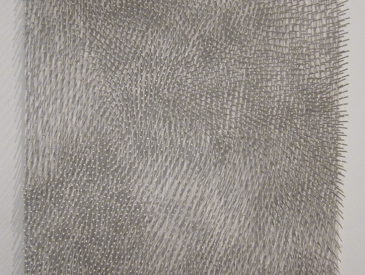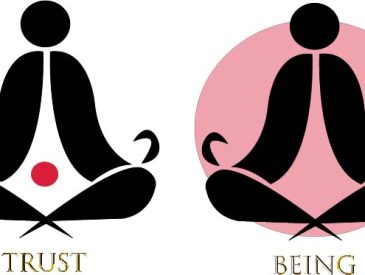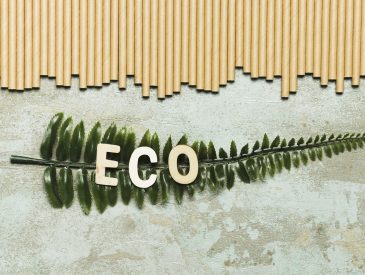The Blue Zone is a term used to describe regions where people tend to live longer and healthier than the average population. These areas are characterized by typical lifestyle and nutritional factors contributing to their longevity. Five Blue Zones in the World are located in Okinawa, Japan; Sardinia, Italy; Nicoya, Costa Rica; Ikaria, Greece; and Loma Linda, California.
Of the five Blue Zones in the world, Japan’s Okinawa region is considered one of the most interesting and best studied. Okinawa is a Japanese prefecture with several islands in the southernmost part of Japan. Okinawa has a population of about 1.4 million and people over 90. This high centenarian population density has made Okinawa a unique and fascinating field of study for researchers interested in longevity.
Okinawa people have a distinct cultural identity that sets them apart from the rest of Japan. The Okinawa people have their language, customs, and traditions that have been influenced by the island’s geographic location and history. One of the most critical factors contributing to the longevity of Okinawan people is their diet. The traditional Okinawan diet is primarily plant-based, consisting of vegetables, legumes, and soy products. The diet is low in calories, with an emphasis on nutrient-dense foods. Okinawans also consume a variety of seafood, including seaweed and fish, which are high in omega-3 fatty acids.
Another factor contributing to Okinawan people’s longevity is their active lifestyle. Okinawan people engage in regular physical activities that include walking, gardening, and traditional forms of exercise such as tai chi and karate. Okinawan people also have a strong sense of purpose and connection with their community, which is linked to better mental health and longevity.
Okinawan people also have a unique approach to aging. In Okinawan culture, aging is viewed as a natural and dignified process. Elderly individuals are respected for their wisdom and experience and are integral to society. This positive attitude towards aging has been associated with improved mental health and a longer life expectancy.
Apart from all these, there are researches that the adoption of social life by those living in the blue zone contributes to longevity. One of them is Developmental Psychologist Susan Pinker, who said in her Ted talk that there is something that Okinawan people or people in other blue zones do differently from us.
So what is this difference?
Social connection.
“Face-to-face contact releases a host of neurotransmitters and, like a vaccine, they protect you now and in the future. So making eye contact with someone, shaking hands, and giving a high five is enough to release oxytocin, which increases your confidence level and lowers your cortisol levels. Thus, it reduces your stress. And dopamine is produced, which gives us some pleasure and pain relief. It is like a naturally produced morphine. Creating face-to-face interaction in our cities, workplaces, and agendas strengthens the immune system, sends feel-good hormones into the bloodstream and brain, and helps us live longer.”
Susan Pinker says staying socially connected is crucial to longevity and overall well-being.
In her Ted Talk, Susan Pinker presents research and personal anecdotes to support the idea that social isolation can harm health. In contrast, social connectivity can lead to a longer and happier life. He argues that technology and social media cannot fully replace face-to-face social interactions and that connecting with others can benefit health and well-being.
Source:





